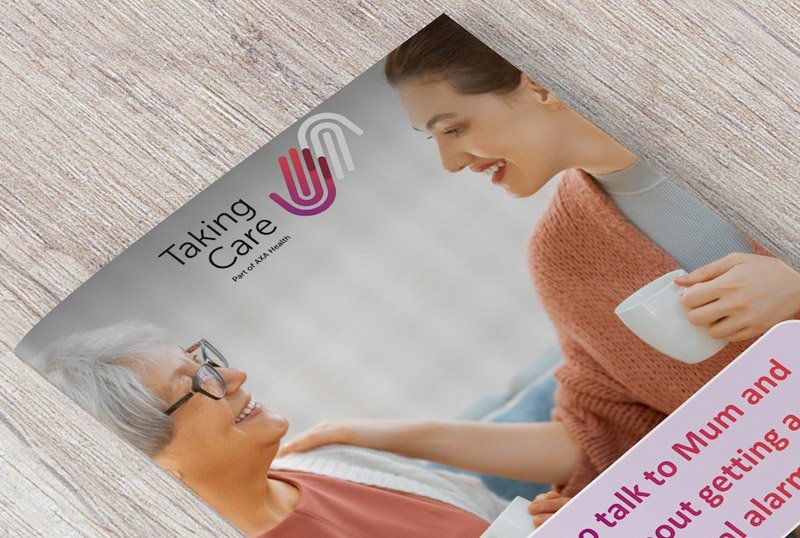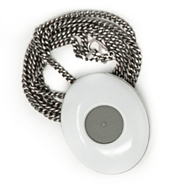Personalised advice to help you #HaveTheTalk
Even if your parent is fiercely independent and is usually resistant to help, there are ways of broaching the topic to get your loved ones onboard.
Answer the 6 questions below to receive personalised advice and a guide to discussing care with your loved ones, including advice from Dr Soha Daru, a psychologist with experience of cognitive behaviour and compassion focused therapy.















